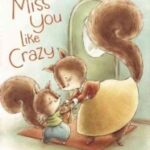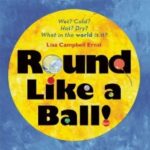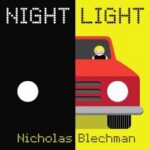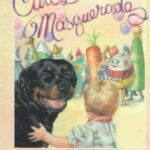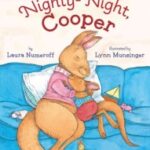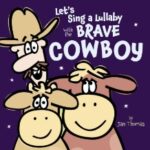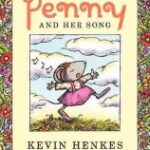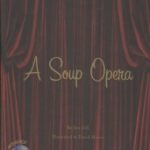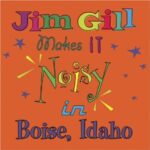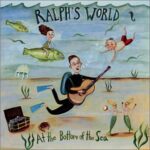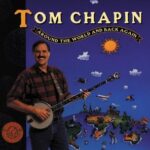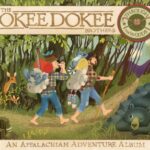A few months ago, I wrote about the building blocks of literacy: five practices that will help get your child ready to read! These practices couldn’t be easier or more fun: you just read, write, sing, play and talk with your child. In this post, we’ll look at the verbal practices of talking and singing. Really, grownups, how wonderful is this? When you talk and sing with your little ones, you are actually helping them get ready to read.
Talk with your child. You talk with your child all day long. You give directions. You explain “Why?” more times than you could have possibly imagined any human being ever could. And all of that talking, all of that explanation, all of that conversation helps your child grow into a reader. In conversation, your child learns new words from you. She might say, “Look at that truck.” And you respond, “That’s a cool backhoe! I like how it’s digging up the soil.” Congratulations: you’ve just given your child a new vocabulary word or two. When your child hears words in conversation, she will find it easier to recognize them in print when she is ready to read.
One important note: when you’re having a conversation, make sure it’s two-sided! Children learn the art of taking turns from conversations with their grown-ups, and they also increase their own background knowledge when they have a chance to engage in that back-and-forth. Using books as a launching pad for conversation is easy: “What was your favorite part?” “What do you think will happen next?” “Oh, I liked that book! What did you think?” Even wordless books make for good dialogue, as you and your child create the story yourselves. The books below are just a sample of great books that will encourage a chat.
Sing with your child. The best news for me about singing with my children is that I didn’t have to carry a tune. Because I can’t. But I can sing with enthusiasm, and luckily that’s really all that matters!
Singing is an early literacy practice for many reasons. First of all, there are numerous new vocabulary words in songs (when was the last time you used “merrily” in everyday conversation?). In addition, singing often breaks words down into syllables, which helps your child learn to sound out new words; when each syllable gets its own note, it helps your child pay attention to those smaller phonemes (sounds). Finally, songs have a narrative structure (beginning, middle and end) just like books do. Here at the Library, we have books that are based on songs, as well as a fantastic children’s CD collection. Here are a few of my favorites:


